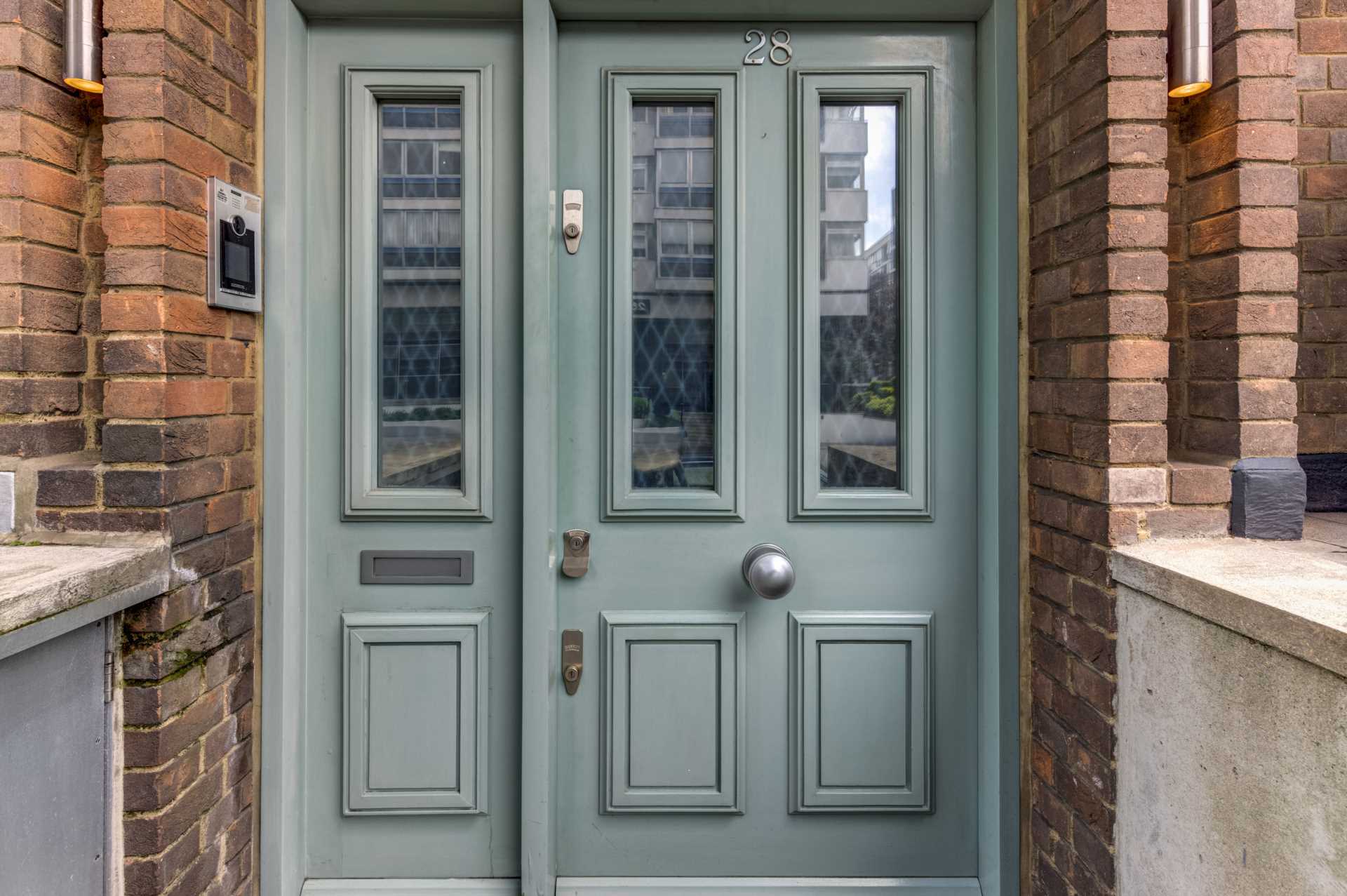
Date Published 21 March 2016
PART IV: YOU'VE ACCEPTED AN OFFER ON YOUR PROPERTY – NOW WHAT?
The pitfalls and how to avoid them.
Speed
One of the most important factors in all sales is speed. More deals fail because they take too long than for any other reason. The most important thing you can do to off-set this is to instruct you solicitor as soon as your property goes onto the market. As soon as a sale has been agreed they will need to be able to send all the necessary forms and documents relating to your property to the buyer's solicitors. This information includes
• A draft sale contract
• Property Information Forms
These are filled in by you and identify what in your property is and is not included in the sale price
• Copies of the Title Deeds or Lease
• Management Information
If you are selling a flat, it is possible that your building is looked after by a managing agent. They will need to confirm service charge information, copies of the insurance policy and if there are any major works planned to the building. If there is no managing agent, you will need to locate all this information yourself, or from your Freeholder
It takes some time for all this information to be collected and it is vital that these documents and forms are ready when they are needed. We always recommend that a ‘full package' of information is ready to be sent out to the buyer's solicitor on the same day that the sale is agreed.
Lack of Communication/Momentum
Your estate agent should stay involved throughout the conveyancing process and act as a link between you and your buyer. They should keep you informed about the various stages and be aware if something is taking too long. With years of experience, a good agent will be able to spot, and frequently avert, impending problems.
A vital part of this process is for all parties to have an early understanding of how quickly contracts are expected to be exchanged and crucially when the sale has been agreed to complete. Ideally, these dates should be agreed at the outset.
Bad survey
If the buyer commissions a survey which identifies structural problems in your property, it is possible that they may try to renegotiate on the price. Bear in mind that if the deal collapses as a result, it is likely that the next buyer's surveyor will pick up on the same issues. If you are aware of any structural issues with your property, let your agent know well in advance so they in turn can manage your buyers' expectations. Sales are usually agreed on the expectation that the survey will come back without any real problems.
Unsatisfactory Mortgage Valuation
If your buyer is taking out a mortgage, the lender will need a satisfactory valuation of the property. If it fails valuation, the lender may not agree to the loan or might insist on a large retention, which will affect the buyer's ability to proceed. In any event, your agent should provide the valuer with comparable evidence to support the sale price and assist him in satisfying the lender.
What if the searches come back negative?
Any estate agent worth their salt will know the potential pitfalls of an area and what is likely to be turned up in a search. They will have a view on the importance of certain issues and should be able to keep your buyer informed so they can take a view, if necessary. Other problems unearthed during a search, such as non-compliance of building regulations or other planning issues, might be mitigated by a suitable indemnity insurance policy.
Your agent should know the local planning office and any unusual regulations which are particular to the area, and will quite often be able to spot a potential problem early. A negative, but not unexpected search result is less likely to derail the process. This local knowledge will also give your agent the necessary information to negotiate effectively on your behalf.
Chain collapses
When negotiating on your behalf, your agent should obtain all the relevant financial information regarding your potential buyer. If they in turn are selling a property in order to buy yours, your agent should remain in contact with their selling agents to keep an eye on how that sale is progressing. Although it is not always possible to prevent chains from collapsing, your agent should protect your interests by keeping your house on the market until your buyer is ready to exchange contracts. If you are selling to a cash buyer, make sure they are given a strict time-table in which to perform.
Change of heart
No matter how good your agent and your solicitor are, if your buyer has a change of heart, they are unlikely to go through with the deal. The best way of preventing this is to get to the point of exchanging contracts as efficiently as possible. The longer a sale takes, the more time life has to get in the way and everyone loses focus.
All of these potential problems may seem daunting, but house sales do take place successfully every day! At John Wilcox & Co we stay fully involved and proactive in the sale and purchase of your next property, and we do everything possible to ensure that the process is as smooth and easy for you as possible.
NEXT WEEK: CONGRATULATIONS, YOU'VE SUCCESSFULLY SOLD YOUR PROPERTY! NOW WHAT? THE LIFELONG RELATIONSHIP WITH THE RIGHT AGENT.